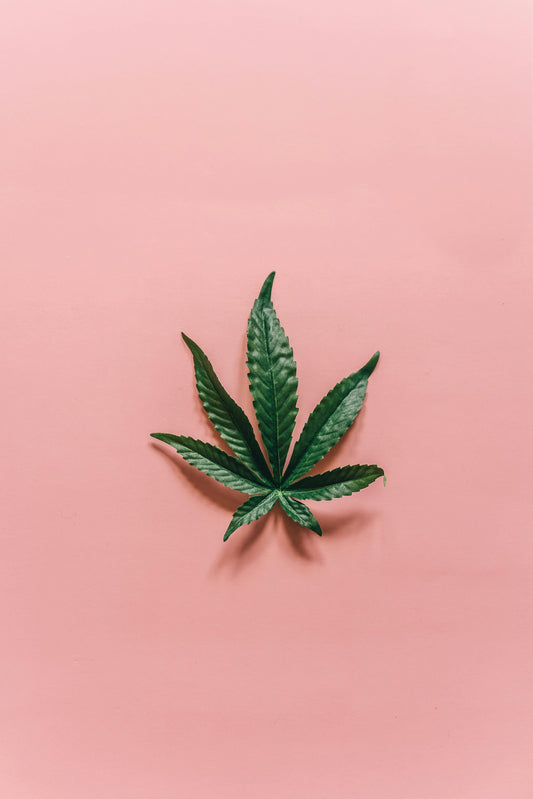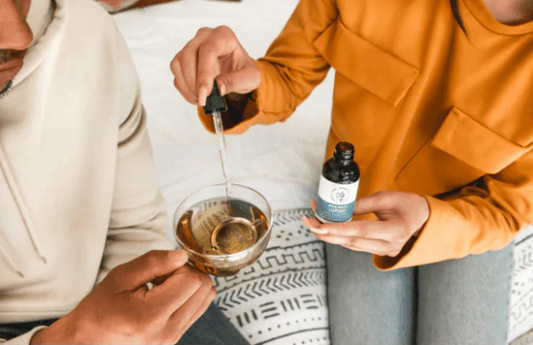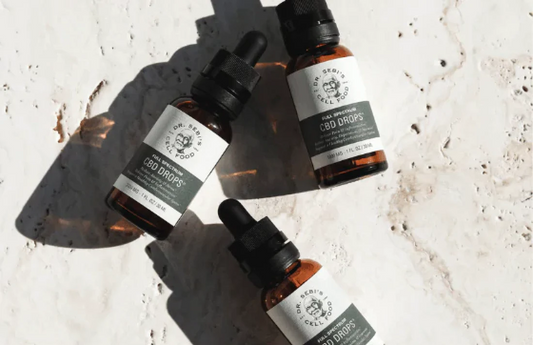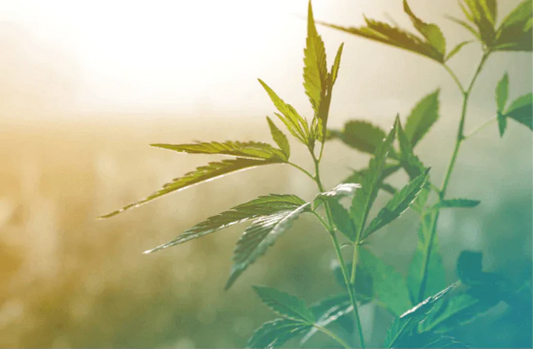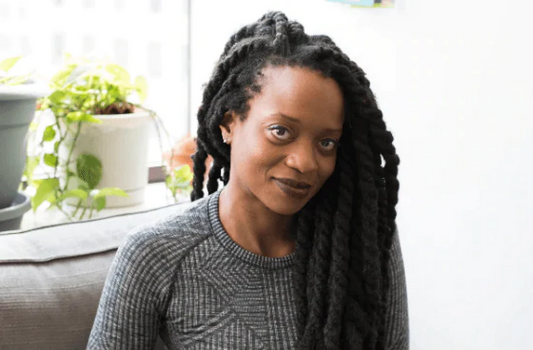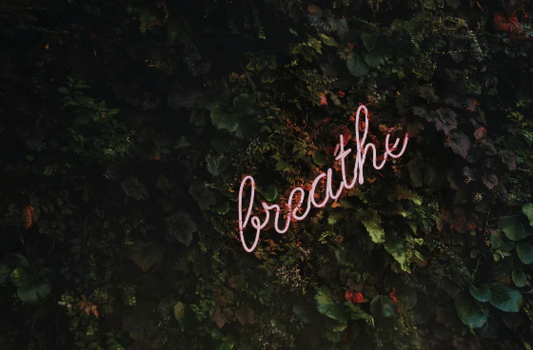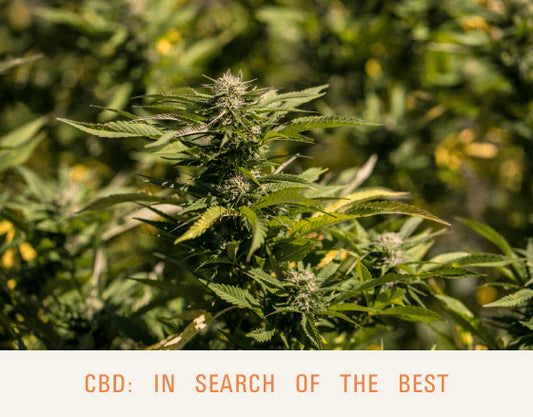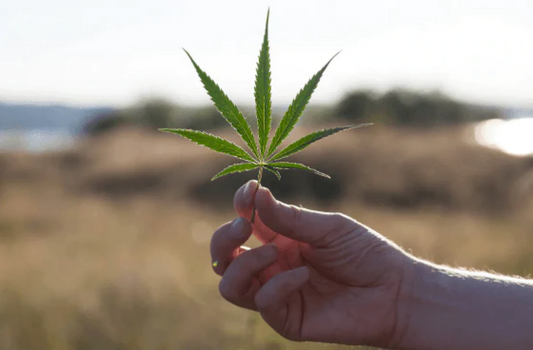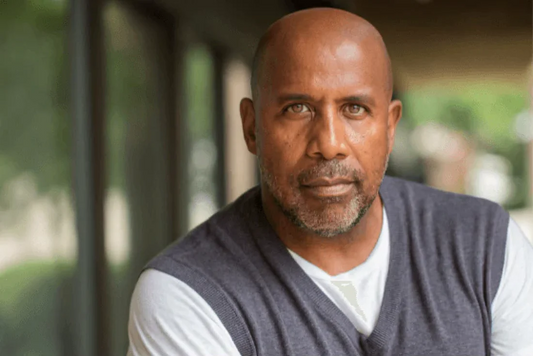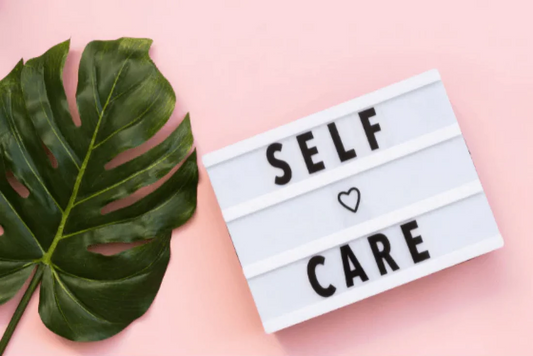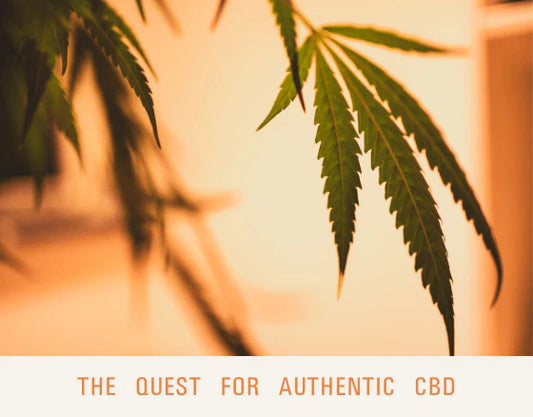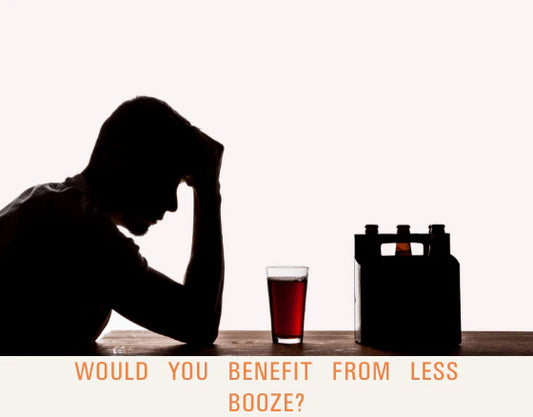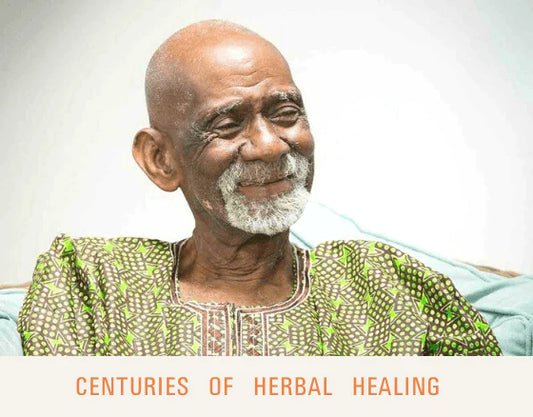Being bothered by intrusive thoughts is a sign the brain needs bioelectrical support. Over 150 million adults worldwide have obsessive-compulsive disorder and find it difficult to manage their own thoughts. Are you the master of your mind?
Obsessive-Compulsive Disorder severely limits the quality of life; fortunately, it’s possible to restore mental harmony and rational thoughts. Discover what Hemp-CBD can do for OCD to nurture calm, ordered, and effective thoughts.
“Every disease begins right here [points to the gut.] I mean right here.
I don’t care if you blind, or if you insane. It’s right here!” - Dr. Sebi.
What is OCD?
People with OCD have obsessive thoughts that are difficult to dismiss unless they enact compulsive behaviors (such as repeatedly checking locks or excessive hand washing).
Everyone has intrusive thoughts occasionally (often from our inner critic) but people with OCD are unable to switch them off. OCD has 2 main components:
- Obsessive Thoughts are unwanted or distasteful thoughts or images that keep popping up in your head, making you feel anxious, uneasy, or otherwise negative.
- Compulsive Behaviors are any behavior you feel the need to repeat on a regular basis in an attempt to relieve the obsessive thoughts.
Obsessions and Compulsions
Do you relate to any of these OCD subtypes? Does anyone you know show signs of these coping strategies?
1. Contamination OCD
- Obsessions - this is the classic OCD, with a constant fear of germs, bacteria, sickness, or fear of transmitting a disease to others.
- Compulsions - regularly washing one’s hands, constantly cleaning the same spaces, avoiding other people for fear of germs or getting sick.
2. Harm OCD
- Obsessions - thoughts of suicide or self-harm, thoughts of hurting or killing others, thoughts that you killed someone else but can’t remember doing it.
- Compulsions - staying away from places where a person could harm themself, such as tall buildings, ledges, train stations, locking away things that could be used as weapons.
3. Hoarding OCD
- Obsessions - worrying that you might need a currently-useless item sometime in the future.
- Compulsions - collecting items that usually don’t have a lot of value, having one’s home filled with many hoarded things.
4. “Just Right” OCD
- Obsessions - worrying that something just doesn’t feel right (even if it can’t be clearly defined), striving for perfectionism.
- Compulsions - repeating the same behavior again and again, re-writing the same list of items, continuously organizing things in meticulous detail.
5. Loss of Control OCD
- Obsessions - fear that one will lose control of a situation, fear that one will lose their sense of identity, worrying about offending other people.
- Compulsions - constantly second-guessing one’s actions or speech, censoring what one says, staying away from people, putting the (imagined) needs of others first.
6. Relationship OCD
- Obsessions - constantly searching for a new potential partner, questioning how right their current partner is, fearing being stuck with an incompatible partner.
- Compulsions - constantly browsing dating apps, comparing one’s relationship to other people’s, questioning if the good times with one’s partner were “real.”
7. Unwanted Sexual Thoughts OCD
- Obsessions - having unwanted, perverse, or inappropriate sexual thoughts, worrying about one’s sexual orientation, worrying that one may act in a sexually violent way to others.
- Compulsions - constantly trying to suppress unwanted sexual thoughts, seeking gender role validation, seeking reassurance about sexual orientation.
People with OCD misinterpret unwanted thoughts, believing they are personally significant and represent one’s true nature. They feel unable to ignore, override or detach from these thoughts.
“That negative message, that acid state influences the brain and the central nerve system,
it changes the image in your eyes. You do not see with your eyes. Your eyes is only the lens that your brain looks through.” - Dr. Sebi.
What Causes OCD?
The scientific community admits it doesn’t know what causes OCD, but Dr. Sebi was very clear on the cause of mental illness in general, including OCD.
The symptom checklist used to diagnose OCD was developed to align with prescription medications and completely ignores brain health. Standard treatments ignore the underlying inflammation, toxicity, malnutrition, and oxygen deprivation causing a diverse range of mental health symptoms. The symptoms of OCD overlap with many other mental health issues including anxiety disorders, depression, and schizophrenia.
Without proper nutrition, as outlined in Dr. Sebi’s Nutritional Guide, the gut - and its intimate connection to the brain – can’t function optimally. You wouldn’t expect to win a game of basketball with two broken arms and you can’t expect your mind to work if the intestines are full of stagnant non-natural foods.
Food and Mood
The biology of the brain is directly influenced by what goes on in the gut. Food in the gut signals via the vagus nerve (the nervous system’s main information highway) to change the chemistry governing our emotional and mental states.
Food can either contribute to mental health symptoms or reduce them. People that consume the Standard American Diet (SAD) are 35% more likely to become depressed. Meanwhile, bioelectric, alkaline foods rich in antioxidants, fatty acids and minerals protect the brain and enhance mental health.
Eating from the Nutritional Guide will naturally reduce thought disorders by nourishing the brain more effectively. Enhancing nutrition, and removing toxicity, gradually rejuvenates the brain so it can think clearly and communicate effectively with the gut.
OCD is like a scratched CD, the brain is ‘scratched’ on a physical level - no amount of talk therapy can resolve a physical problem. When we tackle the underlying issues impairing our mental health the mind can begin to heal and we feel happier and more in control.
“Mind is not over matter! That’s a human being’s structure.” - Dr. Sebi.
CBD and OCD
The Journal of Neurotherapeutics reported that CBD was an effective treatment for OCD – it restores the ‘bliss balance’ (thoughts being self-managed and feeling good) by stimulating natural molecules with antidepressant-like effects. This neurochemical fine-tuning positively influences your mood and stress levels, while enhancing personal resilience.
CBD regulates the endocannabinoid system to promote homeostasis (balance) in all of your organs, including your brain and digestive system. Consuming CBD increases the production of anandamide (‘bliss’ molecule), and the feelings of wellbeing, calm, and composure that come with it. This neurochemical ‘reset’ reduces the symptoms of (virtually all) mental health issues, including CBD.
Since ancient times, civilizations have used CBD for its therapeutic force. Full-spectrum Hemp-CBD empowers your endocannabinoid system to create mood-boosting anandamides. Organic hemp-CBD soothes away stress and anxiety, while reducing the symptoms of OCD and other mental health issues. CBD combined with Chamomile adds extra relaxation and enhances restorative sleep.
Thinking Forward
Don’t let your thoughts get the best of you. If you are troubled by excessive stress, worry, or compulsions you can let hemp help you out. Enjoy some internal peace and quiet, and let your thoughts come and go without attachment. Nourish your brain to replenish your mental landscape and make a change in your own mind.
The end of the year is an amazing opportunity to review, and let go of, what doesn't serve you, including intrusive thoughts or behaviors. You can choose to move forward mentally, physically, and emotionally and start the year with a fresh new view of yourself, and vision for the future.
For every problem, Mother Nature provides a natural solution, and we’re proudly bringing you the best herbs and alkaline vitality that she offers. The whole team at Dr. Sebi’s Cell Food wishes you a conscious and creative fresh start to 2022, let’s make it a year to blossom and flourish.
“I love you now; I loved you then, and I will love you forever!” – Dr. Sebi.



